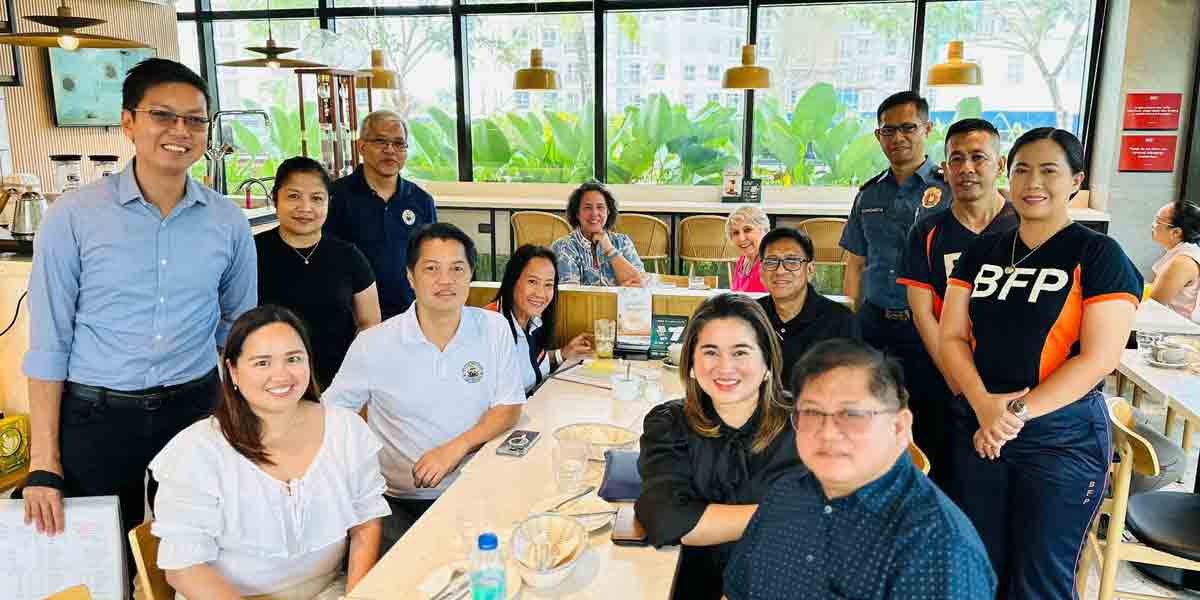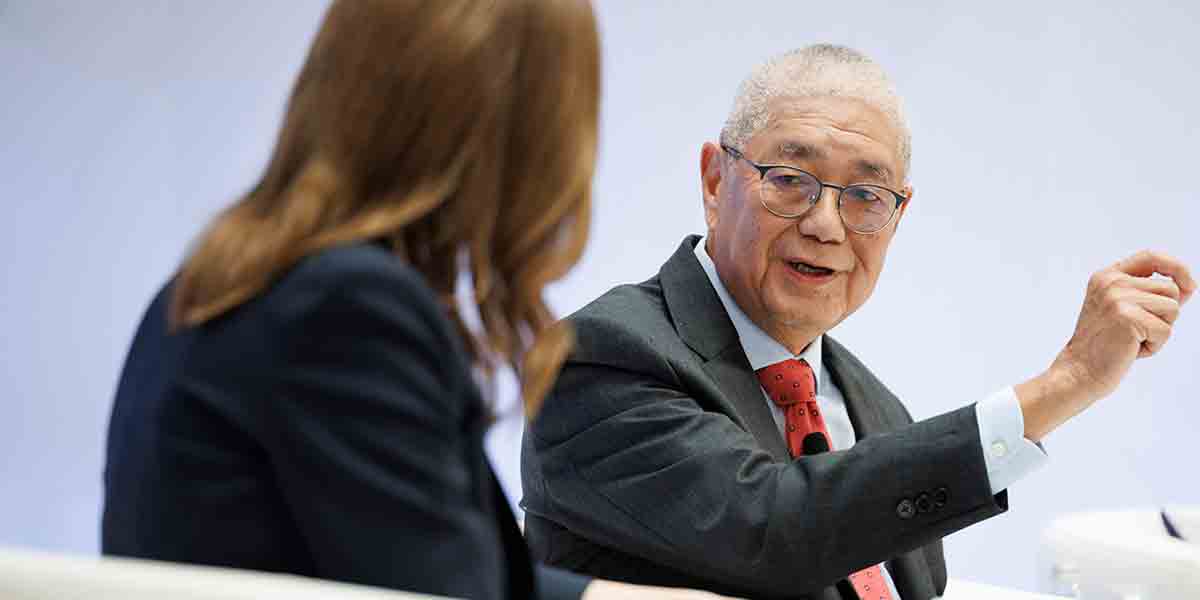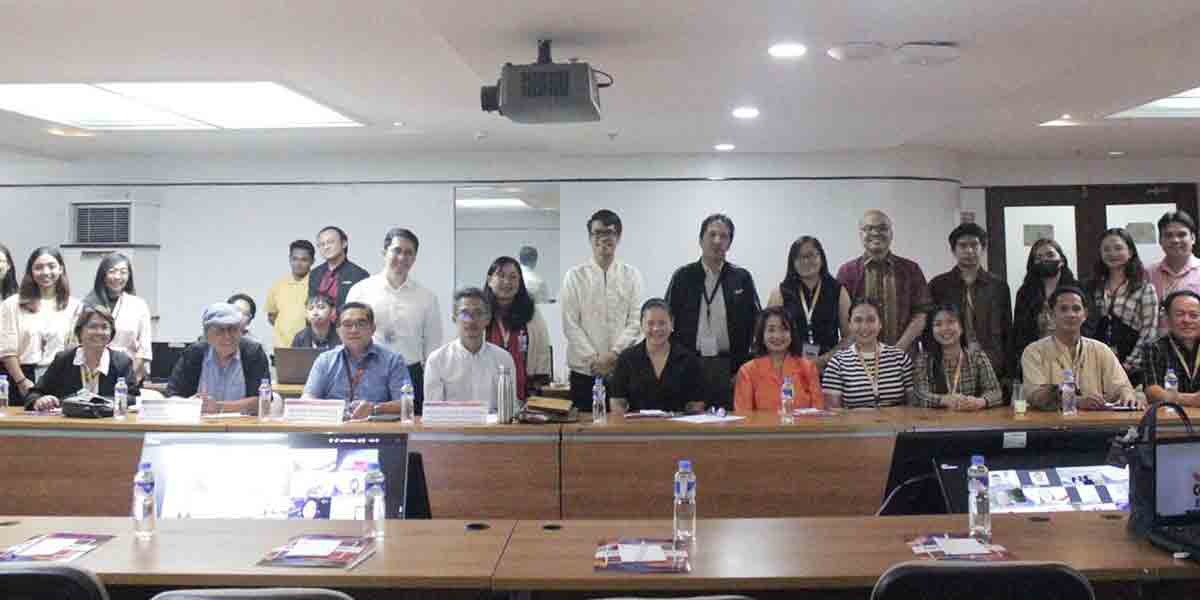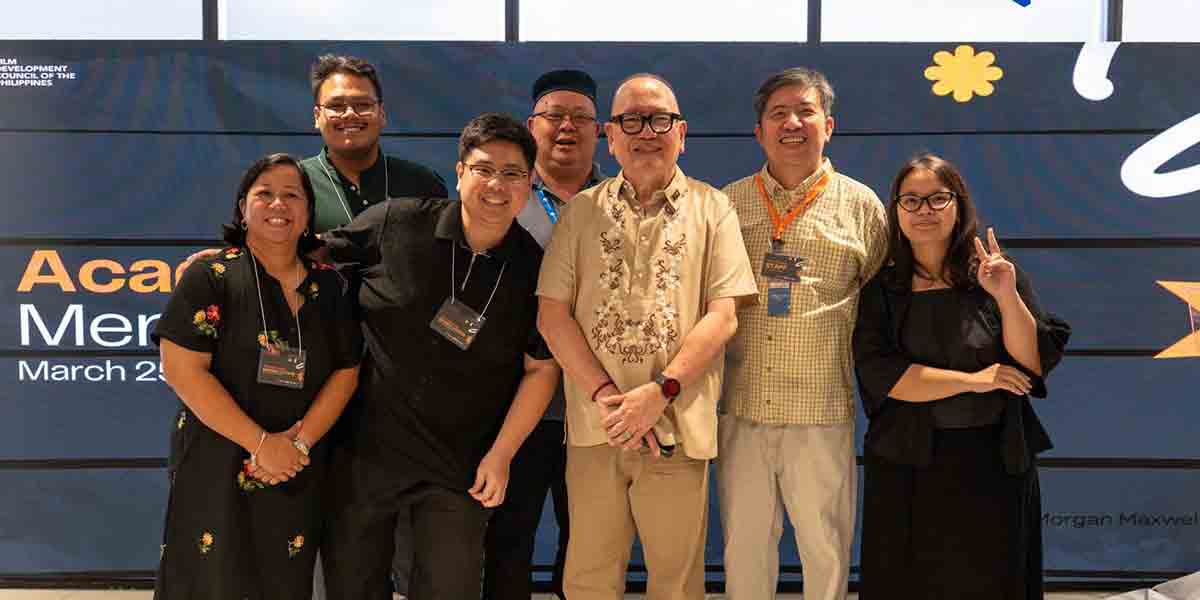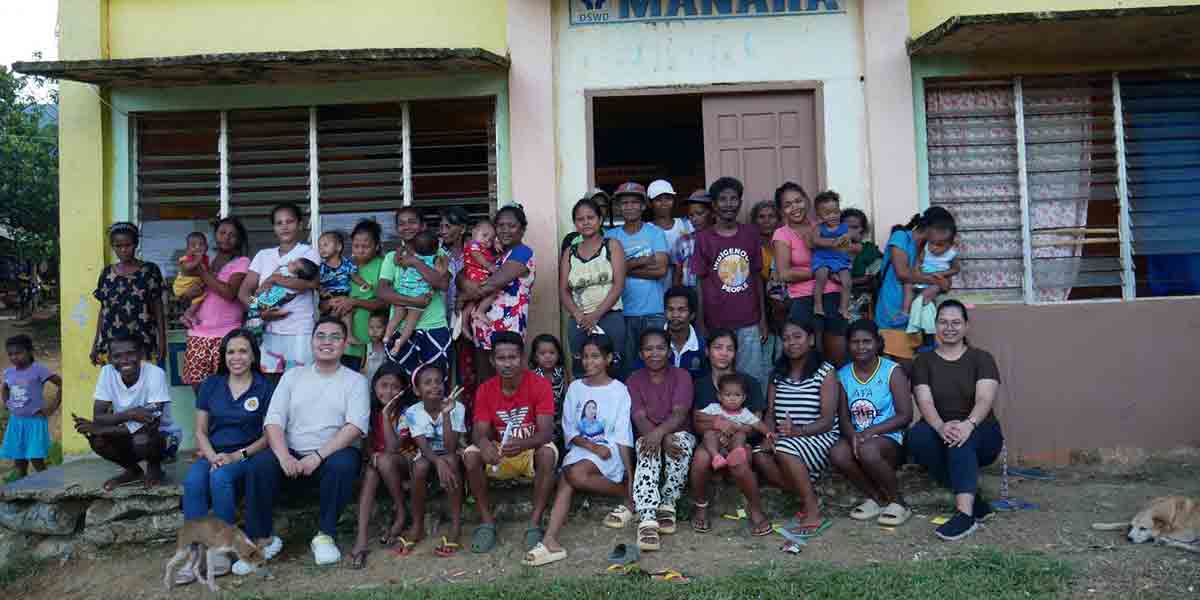By Dolly Yasa
BACOLOD CITY—A local sugar consumers’ group has called for an investigation into the reported drop in sugar prices, allegedly caused by oversupply.
Amid concerns over oversupply and declining farmgate prices, Wennie Sancho, convenor of the Save the Sugar Industry Movement (SAVE-SIM), urged an inquiry to address fears of price manipulation.
Sancho alleged that “somebody is gaming the market” in the sugar industry.
He explained that “gaming” refers to unethical practices such as manipulating prices, supply, or demand to gain an unfair advantage.
Large sugar traders and middlemen reportedly benefit from such practices by controlling prices, supply, and profiting from price differences, Sancho said.
He claimed that unscrupulous producers and importers exploit artificially low millgate prices, taking advantage of small farmers and consumers. Influential players allegedly use political connections or market dominance to manipulate policies and prices, with cartels and syndicates colluding to limit competition and maximize profit.
“The losers are marginal sugar farmers and agrarian reform beneficiaries, who receive low farmgate prices, struggle to cover costs, and risk bankruptcy,” he lamented.
Sancho added that consumers face higher prices, reduced quality, and limited access to sugar products. Honest producers are unable to compete with manipulated prices, potentially leading to business closures.
The local economy also suffers from reduced revenue, employment, and growth, while the government loses tax revenue due to manipulated pricing, he said.
Sancho highlighted that under such practices, price fixing, supply hoarding, artificial demand creation, and misinformation become commonplace.
The consequences, he noted, include distorted market prices, reduced competition, inefficient resource allocation, decreased investor confidence, and negative effects on economic growth.
Sancho warned of market manipulations that create artificial sugar shortages, especially during the high-demand Christmas season.
He cited a 2022 incident when Senator Risa Hontiveros investigated the arrival of 5,000 metric tons of sugar at Batangas Port before the issuance of a sugar order.
That controversy involved unauthorized importation, alleged smuggling, and possible insider trading.
The Senate investigation exposed weak regulations, corruption, and industry influence on policymakers, prompting calls for stricter enforcement, increased monitoring, and surveillance by the Sugar Regulatory Administration.
However, investigations by the Department of Agriculture and the Bureau of Customs concluded without convictions or prosecutions.
Despite setbacks, Sancho stressed the importance of continuing efforts to combat sugar smuggling and price manipulation. He emphasized that advocacy and public pressure are crucial for ensuring accountability.
“We must save Negros and the sugar industry—the lifeblood of our economy,” Sancho said.



